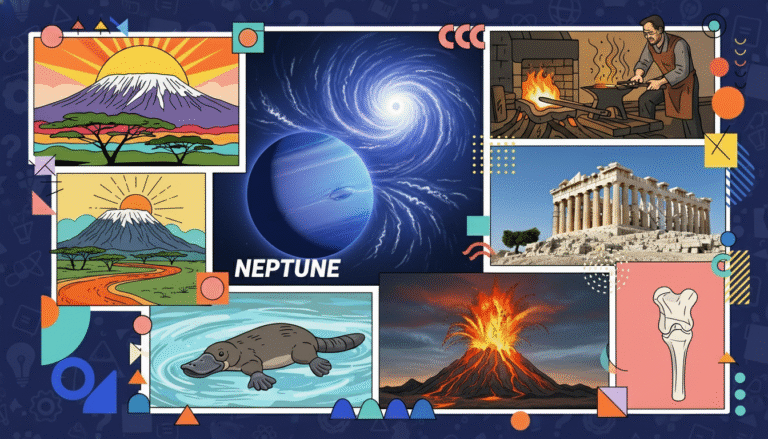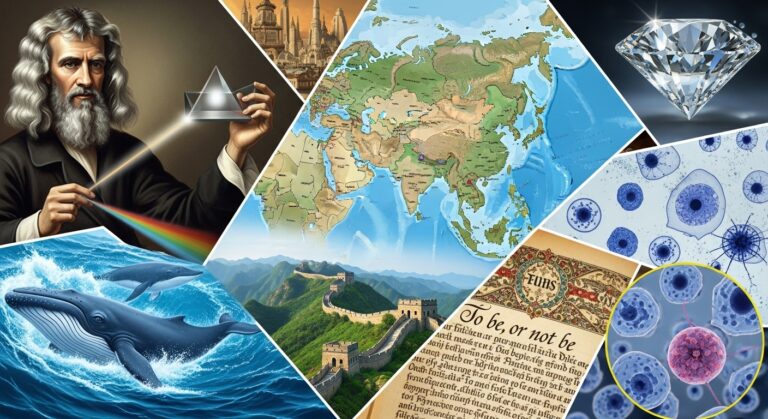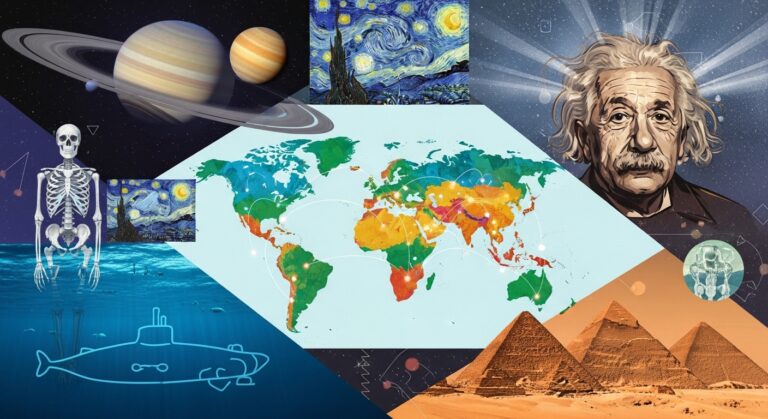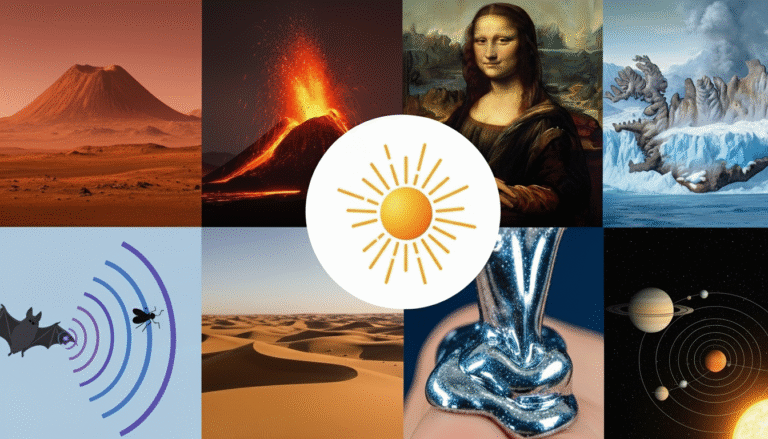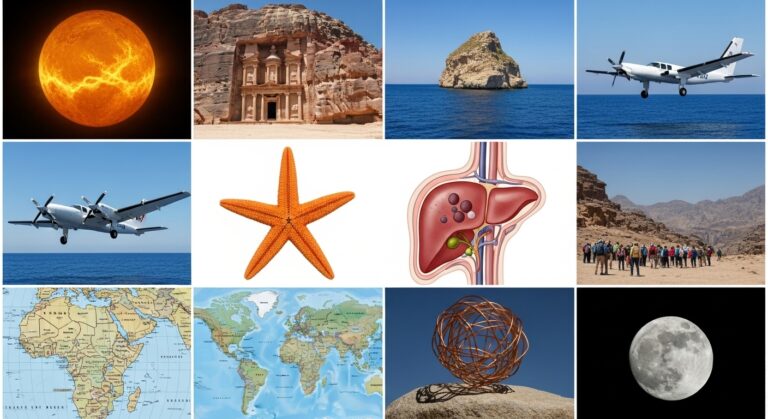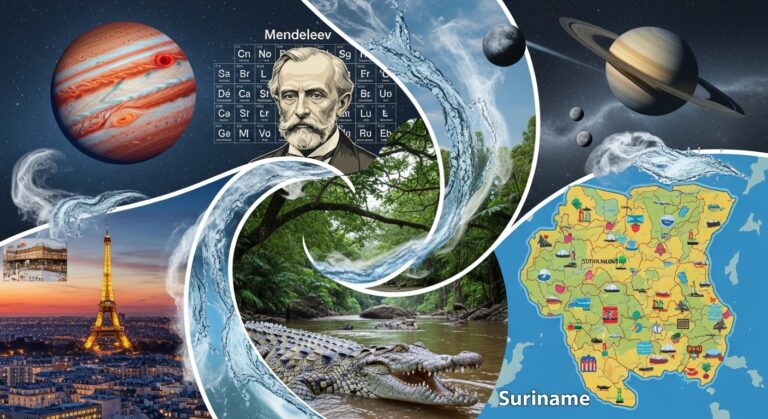Try This General Knowledge Quiz Only For Smart People?
If you’re looking for a challenge, this smart people general knowledge quiz is built exactly for that. It’s meant for curious thinkers who enjoy learning, exploring new facts, and stretching their minds beyond everyday information. These questions cover science, nature, astronomy, geography, biology, and human history. Every explanation is designed to make you learn something new and expand your intellectual horizon.

By the end of this article, you will understand not just what the right answers are — but why they matter.
Uranus: The Planet That Spins on Its Side
Uranus is unique because it rotates at a 98-degree tilt, essentially rolling around the Sun like a spinning ball on its side. Scientists think this tilt was caused by a massive collision with an Earth-sized object billions of years ago.
Consequences of Uranus’s tilt:
- Its poles experience 42 years of continuous sunlight
- Followed by 42 years of darkness
- Seasonal extremes unlike any other planet
- Unusual magnetic field orientation
Uranus provides astronomers with insight into planetary dynamics and catastrophic impacts.
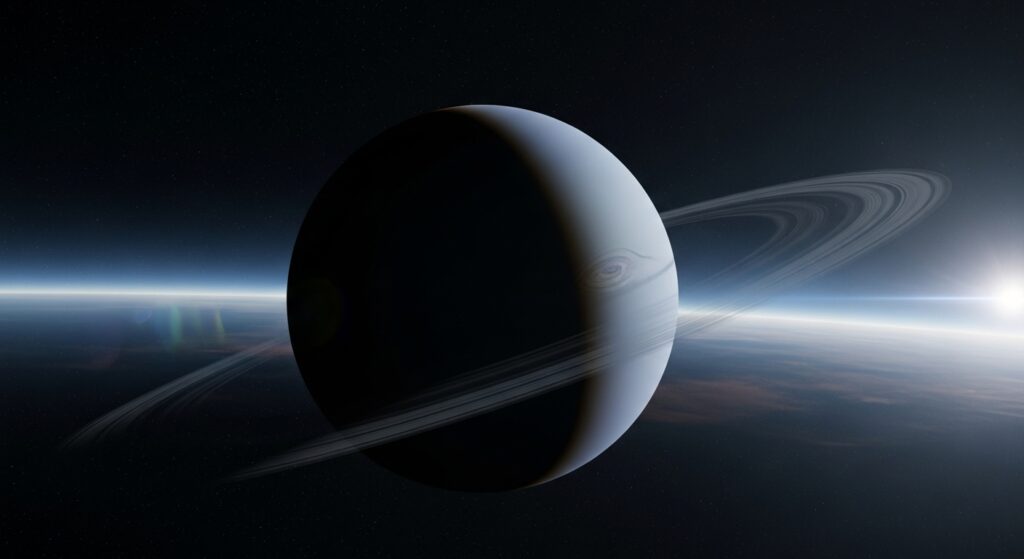
Charles Darwin and the Theory of Natural Selection
Charles Darwin transformed biology with his groundbreaking theory of natural selection, published in On the Origin of Species in 1859. His journey on the HMS Beagle, especially his observations of finches in the Galápagos Islands, shaped his ideas about evolution.
Core ideas of natural selection:
- Species vary
- Some traits give survival advantages
- These traits are passed to offspring
- Over time, species evolve
Darwin’s theory remains the foundation of modern biology and genetics.

Machu Picchu: The Lost City of the Incas
Machu Picchu is one of the world’s most iconic archaeological treasures. Built in the 1400s in the Andes Mountains of Peru, it sits at over 2,400 meters above sea level. The city’s complex stone construction fits together so perfectly that even modern tools struggle to replicate its precision.
Why Machu Picchu is extraordinary:
- It was unknown to the outside world until 1911
- Serves as an astronomical observatory
- Contains agricultural terraces and ritual sites
- Surrounded by stunning cloud forests
Its mysterious origin and breathtaking location make Machu Picchu a symbol of ancient engineering brilliance.
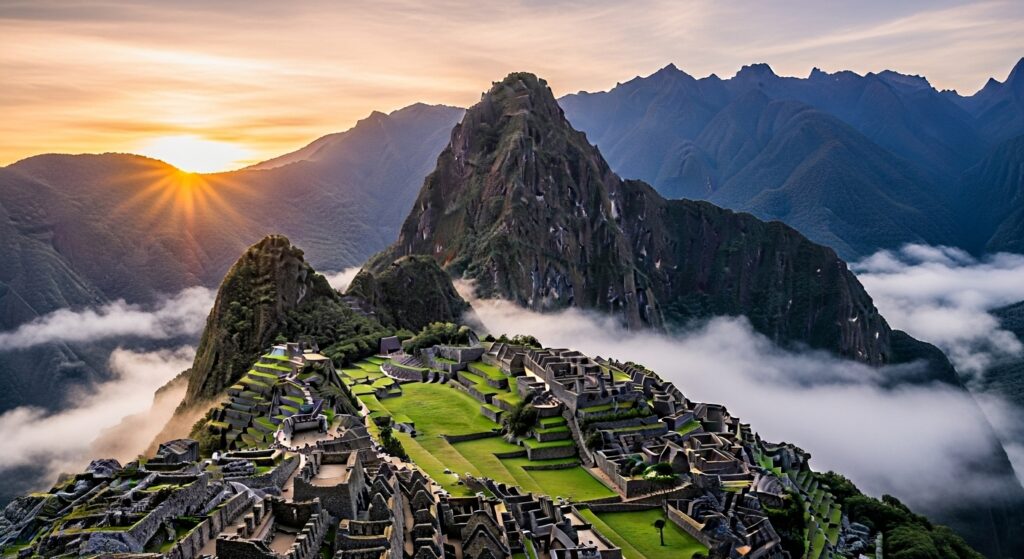
Tiger Beetle: The Fastest Acceleration in Nature
Cheetahs may be fast, but the tiger beetle accelerates faster than any other creature relative to its body size. It can reach speeds so high that its eyes can’t process information fast enough — it literally outruns its own vision and must pause mid-run to reorient.
Reasons its acceleration is unmatched:
- Extremely powerful leg muscles
- Lightweight exoskeleton
- Specialized hunting strategy
This insect is a reminder that nature’s most extreme abilities often come from the smallest creatures.

Sodium (Na): An Essential Chemical Element
Sodium, represented as Na, is vital for life. It regulates:
- Nerve impulses
- Muscle contraction
- Fluid balance
It reacts violently with water, and in nature, is usually found as sodium chloride — table salt. Sodium-based ionic exchange is essential to the functioning of the human nervous system.

Athens: Birthplace of Modern Democracy
Democracy began in Ancient Athens, where citizens gathered to debate laws and vote. This early form of government influenced political systems across the world.
Athenian democracy introduced:
- Public assemblies
- Civic participation
- Early forms of voting
- Legal reforms
Although not a perfect system (many people were excluded), it laid essential groundwork for modern democratic states.
Titan: Saturn’s Mysterious Moon With an Atmosphere
Titan, one of Saturn’s many moons, has a dense nitrogen-rich atmosphere thicker than Earth’s. It contains lakes and rivers — not of water, but of liquid methane and ethane.
What makes Titan fascinating:
- Possibility of chemical precursors to life
- Thick orange haze
- Cryovolcanoes that erupt ice
- Very low temperatures
Titan is one of the top candidates for future space exploration.
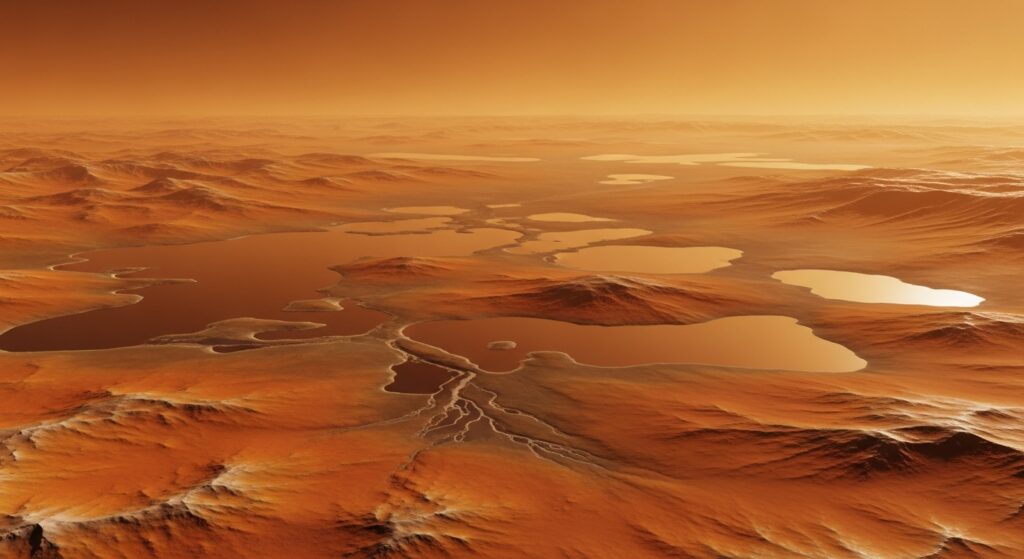
The Amazon River: Lifeline of South America
The Amazon River is one of the longest rivers on Earth and carries more water than the next seven largest rivers combined. Flowing through dense rainforest, it supports a massive portion of the world’s biodiversity.
The Amazon influences:
- Global climate
- Rainfall patterns
- Carbon storage
- Species diversity
More than 30% of the world’s species live in the broader Amazon basin.
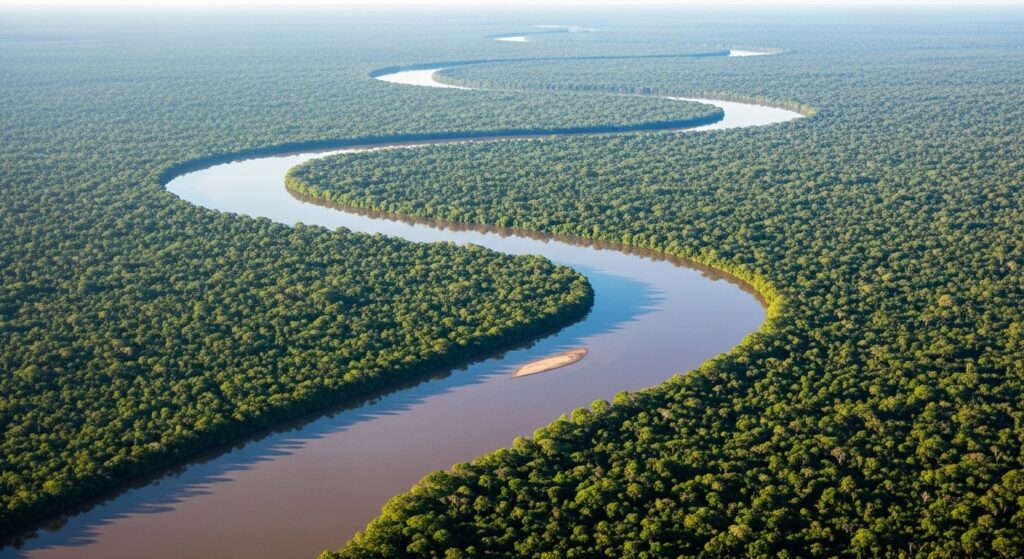
The Heart: Engine of the Human Body
Your heart beats about 100,000 times per day, pumping blood through 60,000 miles of vessels. It delivers oxygen, nutrients, and hormones — keeping every cell alive.
Why the heart is extraordinary:
- Self-generates electrical impulses
- Never stops (until death)
- Adjusts speed automatically
- Consists of four chambers working in harmony
It is one of the most elegant systems in human biology.
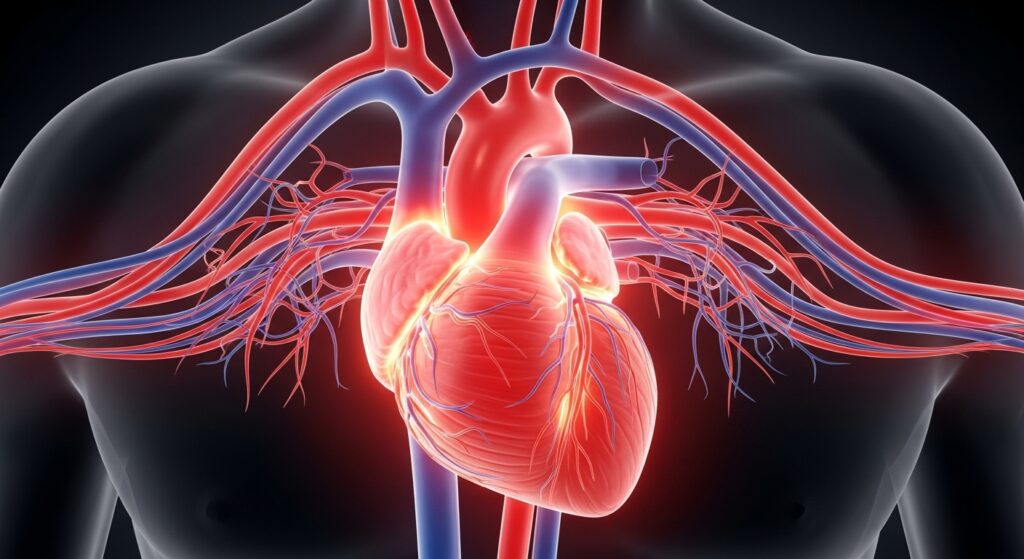
Plants and Carbon Dioxide
Plants absorb carbon dioxide during photosynthesis and release oxygen. This process sustains life on Earth by removing CO₂ from the atmosphere and producing the oxygen we breathe.
Photosynthesis provides:
- Global oxygen supply
- Food for all ecosystems
- Energy for plant growth
- Climate regulation
Plants are the foundation of Earth’s ecological balance.

A Smart People General Knowledge Quiz Full of Deep Knowledge
This smart people general knowledge quiz challenges your understanding of science, history, biology, geography, evolution, astronomy, and human physiology. The explanations help you learn deeply, not just memorize facts. These questions push your mind, spark your curiosity, and inspire you to continue learning every day.


